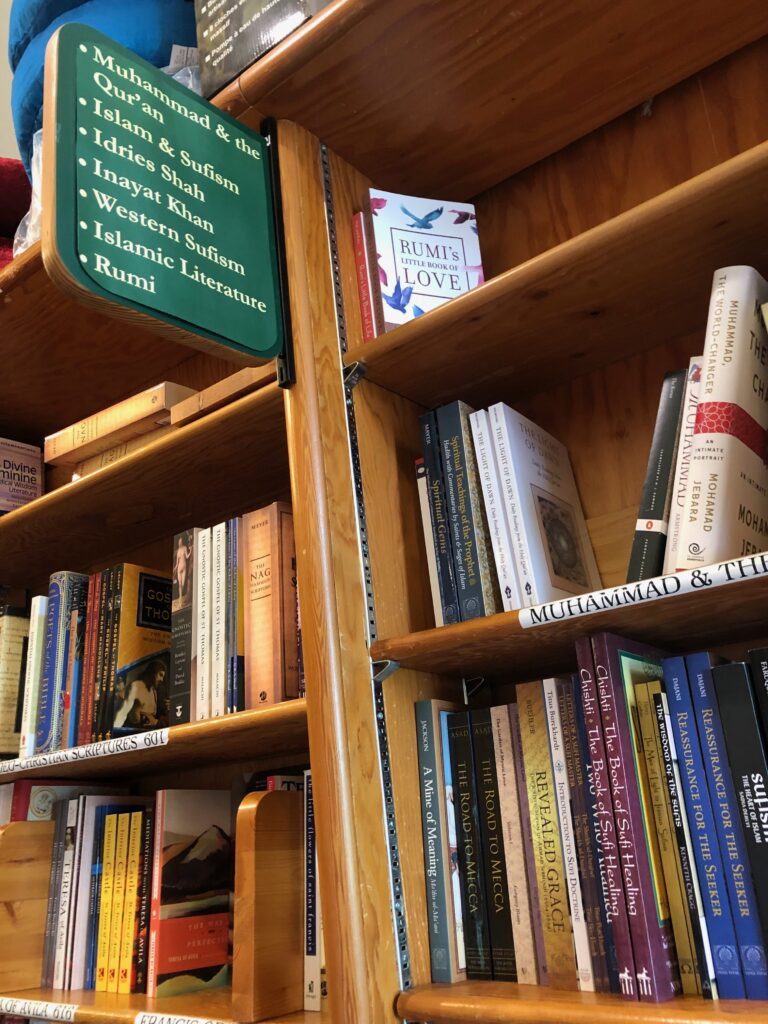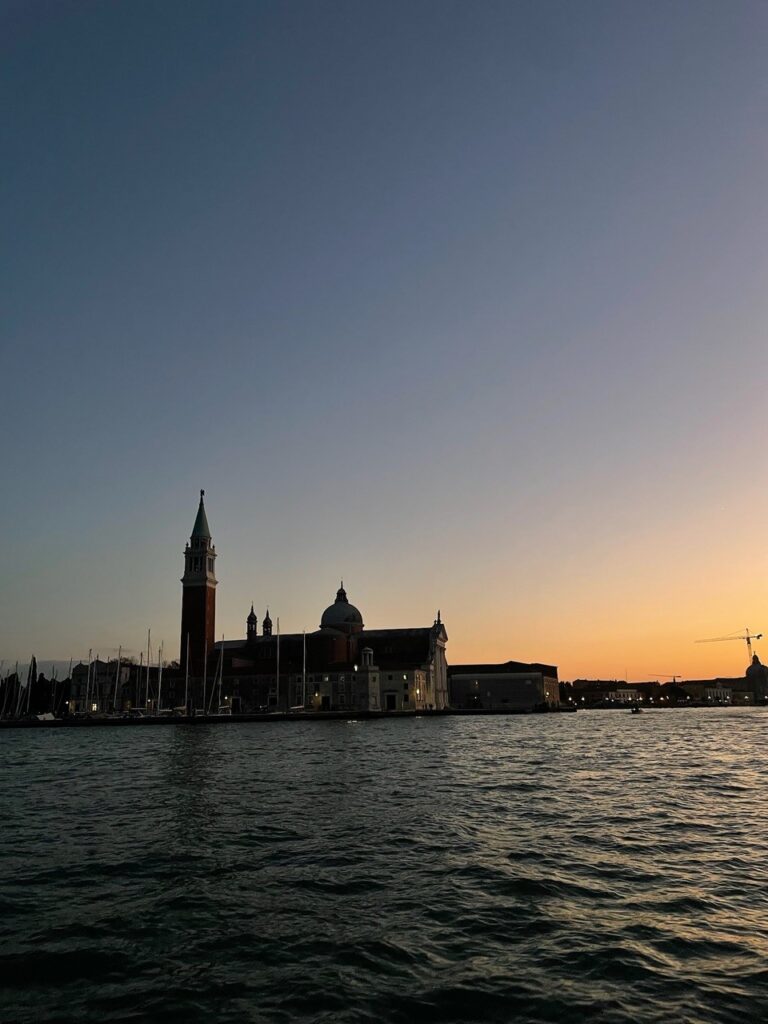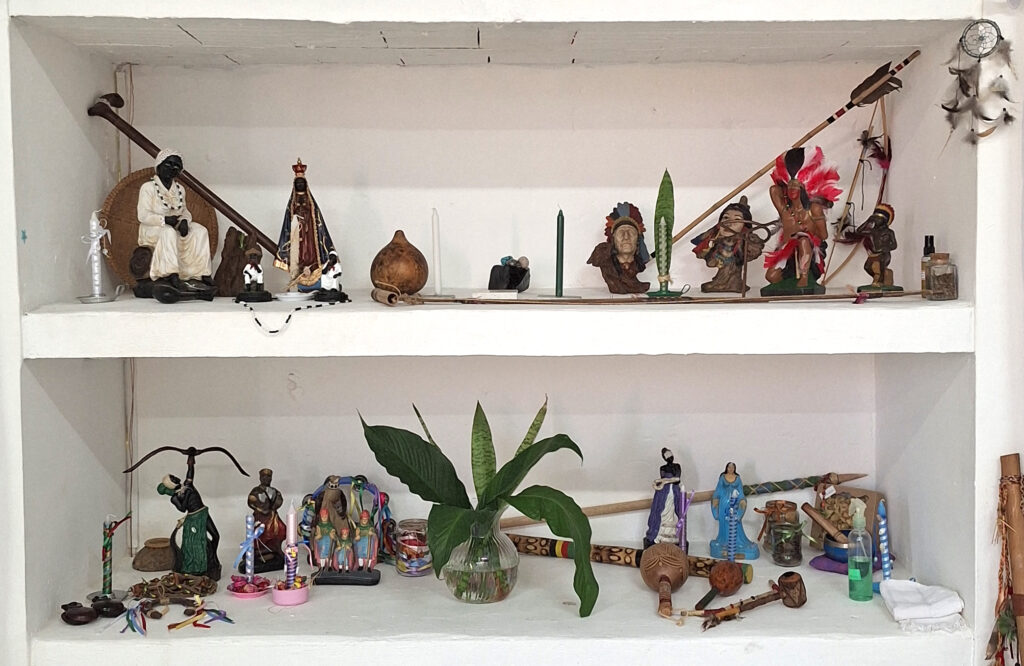CAS-E held its inaugural conference from December 8 – 10, 2022. The conference opened on December 8 with a keynote address by Jeffrey J. Kripal on the “Archives of the Impossible”, preceded by welcome greetings by Hans-Peter Steinrück, Liaison Professor of the Deutsche Forschungsgemeinschaft (DFG) and the Friedrich-Alexander-Universität Erlangen and Nürnberg (FAU), the Bavarian State Minister for Science and Art Markus Blume (by video message), and the dean of the Faculty of Humanities, Rainer Trinczek, a musical intermezzo by Hildegard Pohl, and introduction(s) to CAS-E by CAS-E Directors Michael Lackner, Andreas Nehring, and Dominik Müller, and by one of its research coordinators, Bernd-Christian Otto.

Prof. Rainer Trinczek, Dean of the Faculty of Humanities, Social Sciences, and Theology, FAU Erlangen-Nürnberg

Prof. Michael Lackner, CAS-E Director, Senior Professor, Chair of Chinese Studies, Department
of Middle Eastern and Far Eastern Languages and Cultures, FAU Erlangen-Nürnberg

Prof. Dominik Müller, CAS-E Director, Chair of Cultural and Social Anthropology, Institute of
Sociology, FAU Erlangen-Nürnberg

Prof. Andreas Nehring, CAS-E Director, Chair of Religious Studies and Intercultural Theology,
FAU Erlangen-Nürnberg

PD Dr. habil. Bernd-Christian Otto, CAS-E Research Coordinator
Kripal’s opening address set the tone for the conference by emphasizing the importance of the field of alternative rationalities and esoteric practices as an arena of experiences of the impossible that emerge within and shape societies and their cultures whether accepted or rejected, linking societal, scientific, existential, and personal domains.

Prof. Jeffrey J. Kripal, Associate Dean of the Humanities, J. Newton Rayzor, Professor of
Philosophy and Religious Thought, Rice University
“Archives of the Impossible: The Further Reaches of the Imagination”



The Introductions and the keynote address can be viewed here:
 |
 |
 |
 |
 |
During the second day of the conference the advisory board members brought the audience into touch with alternative rationalities and esoteric practices in a wide range of different locales such as Eastern Indonesia (Karl-Heinz Kohl), Java (Judith Schlehe), South Africa (Jean Comaroff), Japan (Tomoë I. M. Steineck), late imperial China (Vincent Goossaert), and the international art scene (Marco Pasi).
Highlighting both, the often surprising continuities as well as the unforeseen changes in the esoteric global landscape, all presentations emphasized the importance of alternative modes of rationality and esoteric practices for understanding contemporary society from within their own distinct dynamics and cultural settings. At the same time, the opening conference demonstrated in an impressive first onset of CAS-E’s research initiative the diversity and multiplicity of esoteric engagements worldwide and the corresponding need for long term, situated research on often complex traditions and their surprising innovations.
Knut Graw (CAS-E Permanent fellow)








